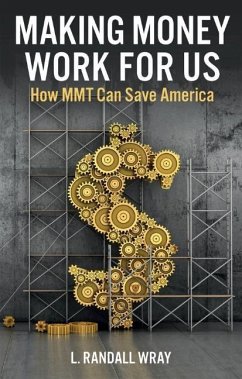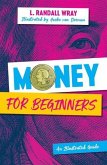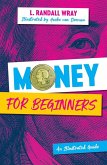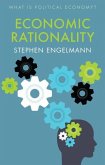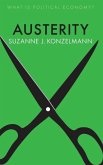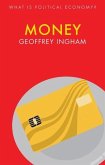Is money precious and scarce, necessitating iron fiscal discipline? Must the government always balance the books or risk ruin? Or is money, in fact, a flexible tool that can be used to mobilize our collective resources to serve those who need them?
In this book, leading Modern Money Theory (MMT) advocate Randy Wray explains that the only real constraints on public policy are physical resources, technological capacity and political will: but never money. He shows how modern sovereign governments spend by keystroking money to bank accounts. While taxes serve other important purposes, they do not - contrary to popular belief - fund spending. If we recognize this, and totally reframe how we think about money and debt, we can marshal our national wealth to make us all richer, eliminate unemployment and "look after our own." We can make money work for us - the US.
This book's account shows how MMT can become a new American political and economic orthodoxy, replacing thedominant conservative framework forever. It is essential reading for all progressives.
Hinweis: Dieser Artikel kann nur an eine deutsche Lieferadresse ausgeliefert werden.
In this book, leading Modern Money Theory (MMT) advocate Randy Wray explains that the only real constraints on public policy are physical resources, technological capacity and political will: but never money. He shows how modern sovereign governments spend by keystroking money to bank accounts. While taxes serve other important purposes, they do not - contrary to popular belief - fund spending. If we recognize this, and totally reframe how we think about money and debt, we can marshal our national wealth to make us all richer, eliminate unemployment and "look after our own." We can make money work for us - the US.
This book's account shows how MMT can become a new American political and economic orthodoxy, replacing thedominant conservative framework forever. It is essential reading for all progressives.
Hinweis: Dieser Artikel kann nur an eine deutsche Lieferadresse ausgeliefert werden.
"Neoliberal economics does not have the answers to dealing with multi-generational collective action problems but MMT holds many nuggets of wisdom ... Perhaps the most important contribution of Wray's latest writings is to stress that MMT is not a carte blanche call for government to spend without restriction but it can nonetheless shed light on how to formulate a progressive economic agenda to face the problems of today."
The Society of Professional Economists
The Society of Professional Economists

